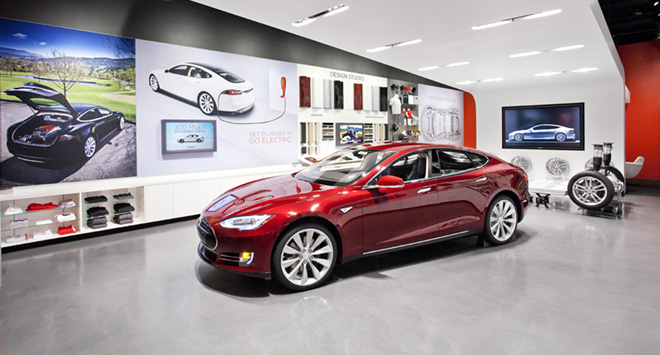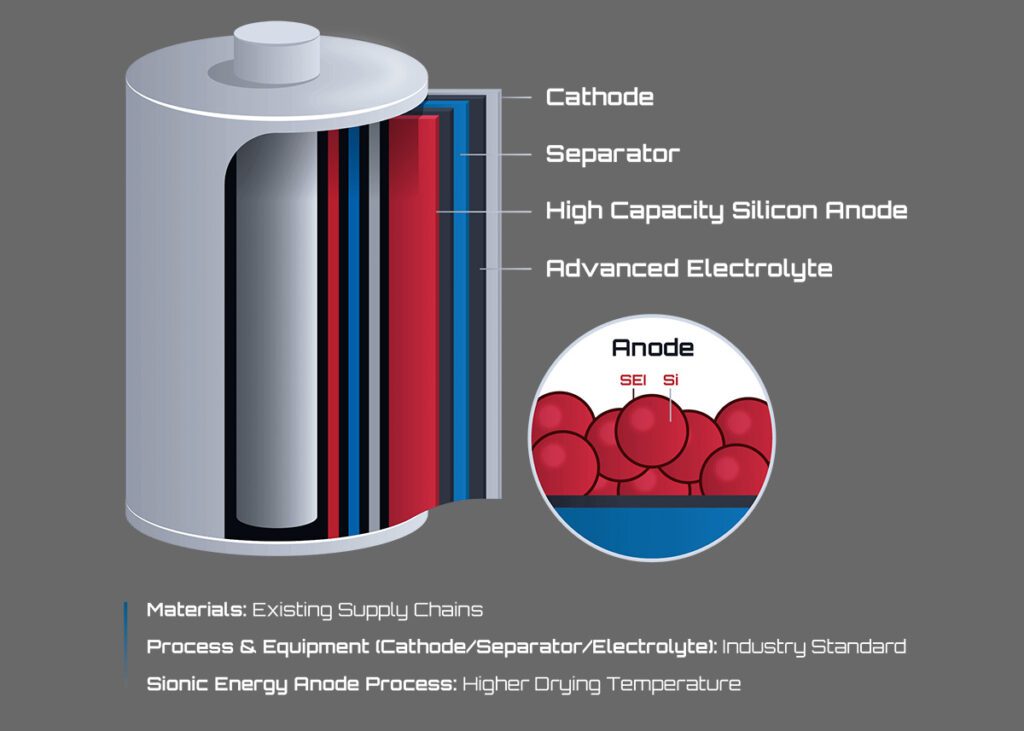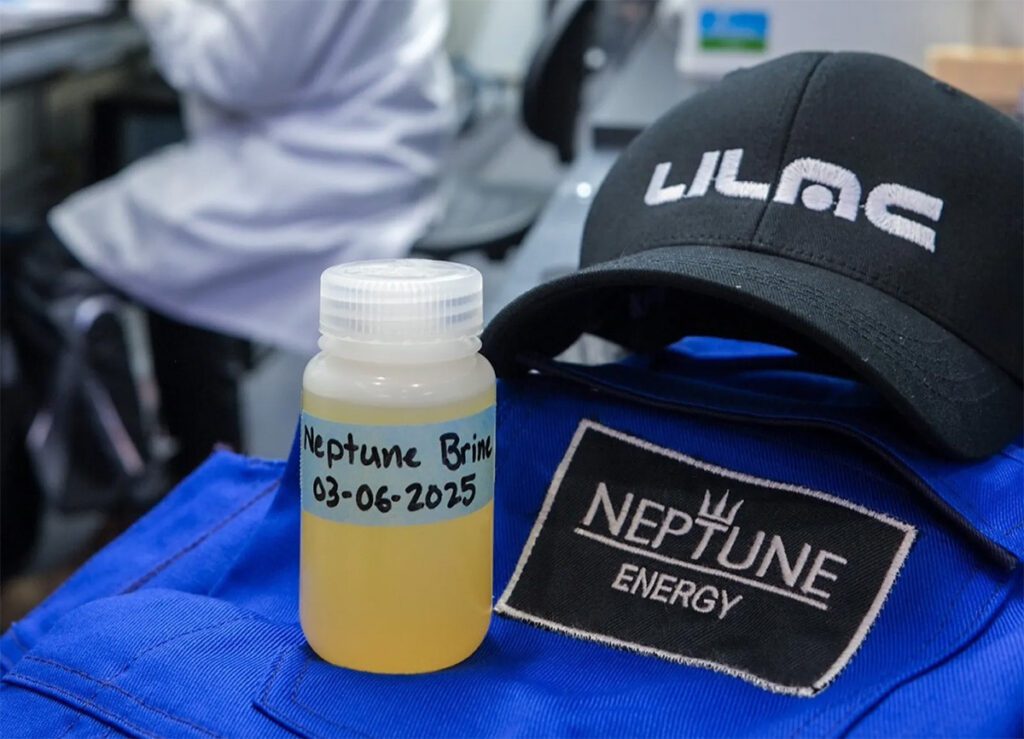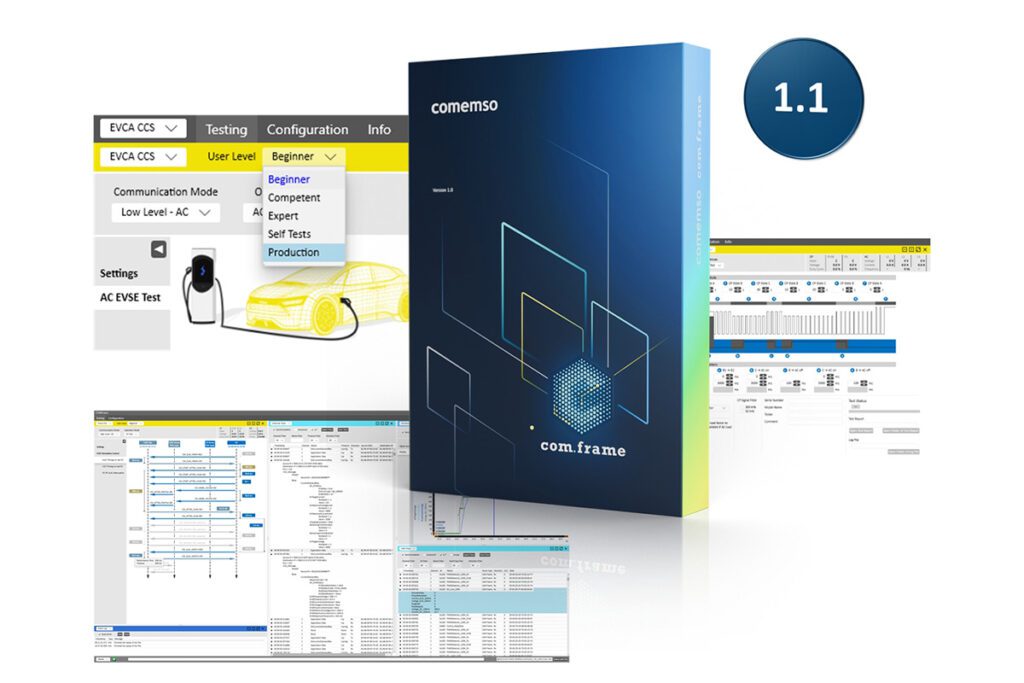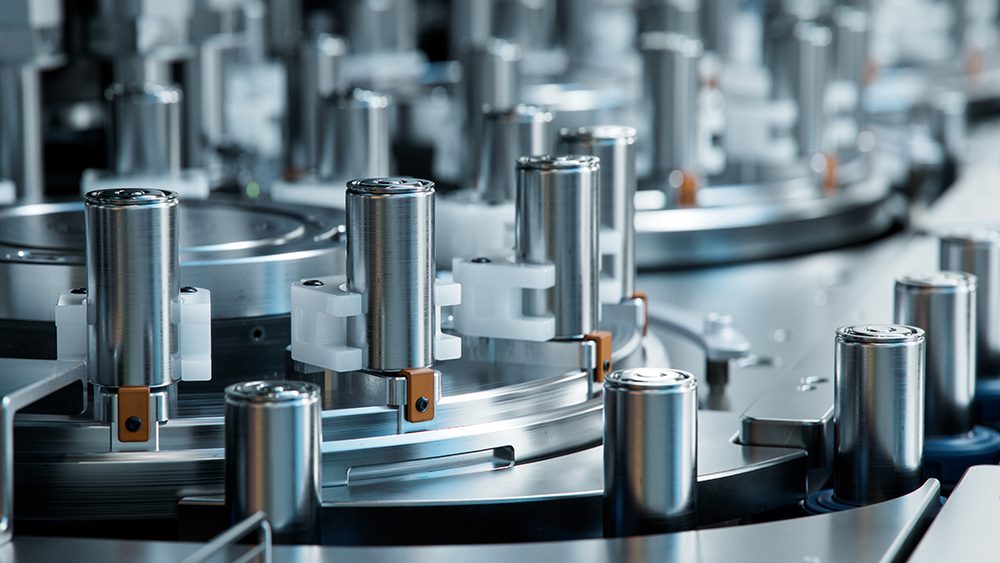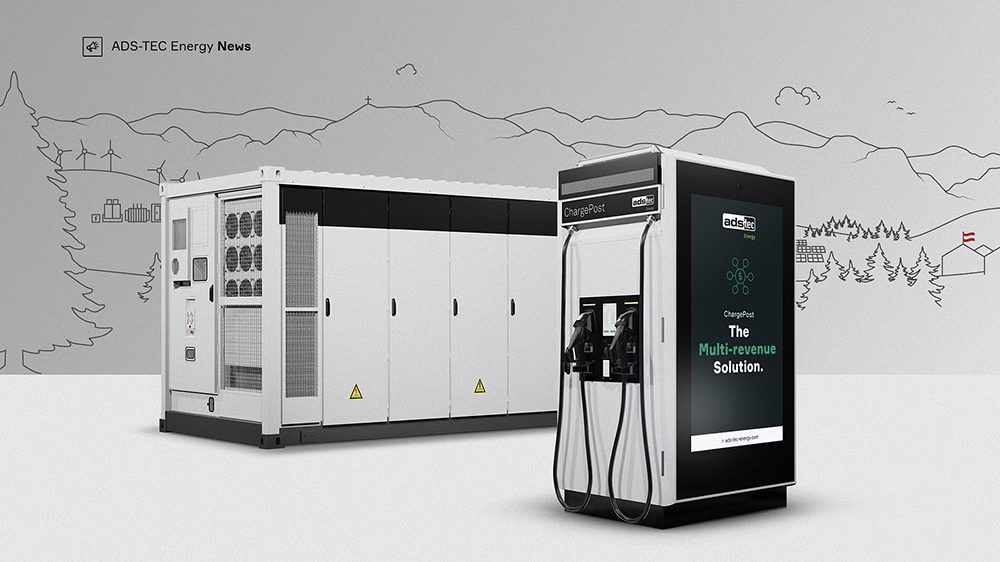Tesla’s ongoing crusade to be allowed to sell its vehicles directly to consumers recently suffered a setback in Connecticut, where a pro-Tesla bill failed for the second consecutive year.
Tesla has a service facility in Milford, but consumers must purchase the cars in a neighboring state such as New York or Massachusetts.
“I think the car dealers and others have been very effective in lobbying [against the bill],” the bill’s sponsor, Senate Majority Leader Bob Duff (D-Norwalk) told the Connecticut Mirror. “We’ll come back again and try in another year.”
General Motors, which has a regional office in Danbury and 43 dealerships in the state, joined dealers and a trade group to lobby against the bill.
“GM believes that all industry participants should operate under the same rules and requirements on fundamental issues that govern how we sell, service and market our products,” said Chris Grimaldi, GM’s Regional Director for Governmental Relations. “We, along with the Alliance of Automobile Manufacturers and Connecticut dealers, oppose the creation of two different sets of laws governing vehicle manufacturers in the state of Connecticut that would establish an uneven playing field.”
Where GM sees fairness, Tesla sees favoritism.
“This is using state legislators and a legislative body to prosecute a business strategy whereby they are trying to shut us down at the same time they are bringing out a competitive product,” said Tesla VP of Corporate and Business Development Diarmuid O’Connell. “The free market fairness question has to be asked: General Motors decided they were going to a franchise system in the 1920s and 30s. Good for them. Why wouldn’t Tesla as a free-market actor get to make that same choice now?”
A recent report from the Wall Street Journal suggests that Tesla may be planning to escalate the issue to federal court. According to the WSJ, the automaker’s legal staff has been studying a 2013 ruling, in which a federal appeals court in New Orleans found that the monks of St. Joseph Abbey could sell coffins to customers without having a funeral director’s license (the issue arose due to a casket shortage after Hurricane Katrina).
The ruling in favor of the monks, which was upheld by the Fifth Circuit Court of Appeals, could serve as a precedent for Tesla to join an “economic liberty” issue currently in dispute between US circuit courts, Northwestern University law professor John McGinnis told the WSJ.
Source: Wall Street Journal, Connecticut Mirror, Electrek







